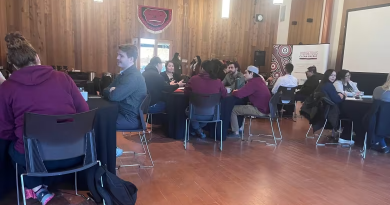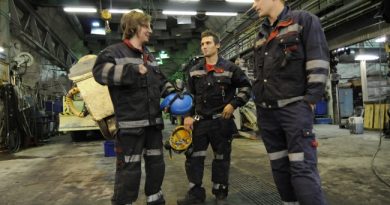Indigenous leaders applaud most recent Canadian bank to nix financing Arctic oil and gas

Indigenous leaders are applauding TD Bank’s announcement that the financial institution will no longer finance oil and gas related activity in the Arctic, including in Alaska’s Arctic National Wildlife Refuge (ANWR).
“By rejecting drilling in the Arctic National Wildlife Refuge within their climate policy, TD has underscored the knowledge that the Gwich’in Nation, as stewards of the land, have been sharing for decades now; that development in the Arctic National Wildlife Refuge is not sustainable,” said Dana Tizya-Tramm, chief of the Vuntut Gwitch’in First Nation located in the Arctic region of Canada’s western Yukon territory.
“It would destroy one of the world’s great wild places, worsen the climate emergency and erode the Gwich’in way of life,” Tizya-Tramm said in a news release on Tuesday.
“TD’s recognition of the need to protect this fragile environment comes at a time while the current Administration is attempting to fast track destructive seismic exploration for this coming winter. With support of the public, and of organizations like TD, RBC and BMO, the Gwich’in Nation will be successful in our work to protect our sacred lands.”
Keeping drilling out of ANWR
The Gwich’in are an Indigenous people that live in the U.S. and Canada have been fighting to keep oil and drilling exploration out of ANWR for decades. The Gwich’in on both sides of the border have serious concerns about how drilling would affect the porcupine caribou herd that migrate between Alaska and the neighboring Yukon territory. In 1988, the Gwich’in Steering Committee was formed to keep drilling out of the region.
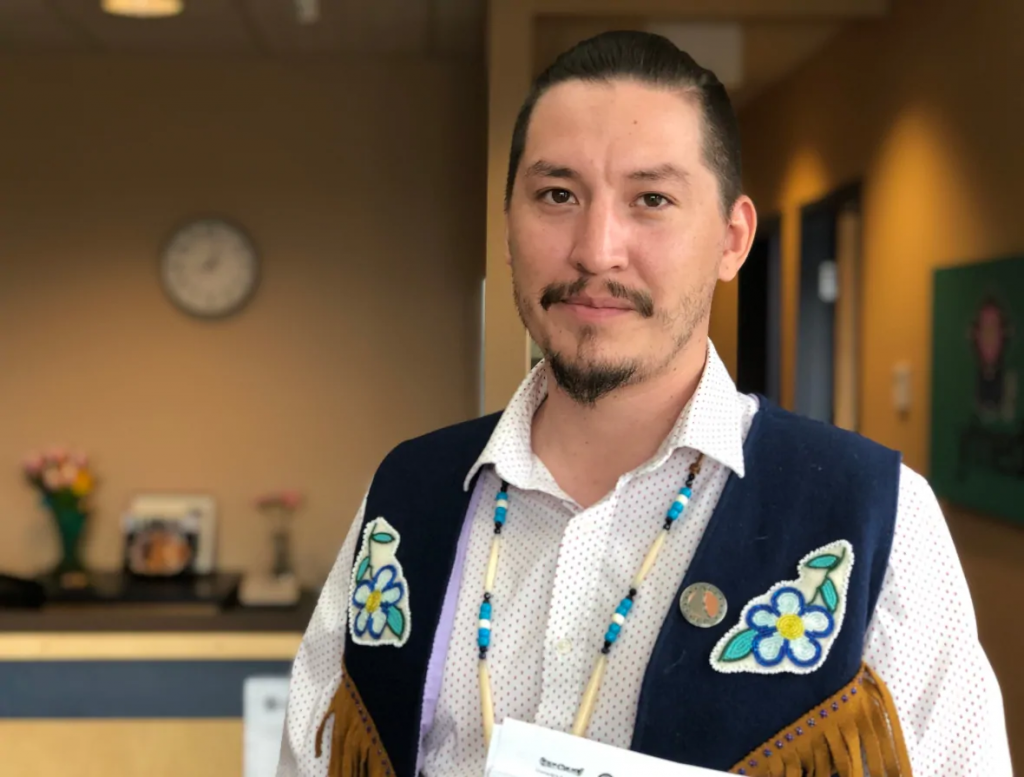
The Obama administration had but in place a moratorium on drilling exploration in ANWR, but that was reversed under the Trump administration. In August, Gwich’in leaders and environmental groups decided to sue the U.S. Department of the Interior’s Bureau of Land Management after a leasing program in the region was approved.
Ken Smith, grand chief of the Gwich’in Tribal Council, said on Tuesday that the TD announcement was another important step in discouraging drilling exploration activity in the ecologically sensitive area.
TD is the third Canadian bank, after the Royal Bank of Canada and the Bank of Montreal, to announce that it will nix financing for Arctic oil and gas projects.
“We are pleased to see TD, one of the largest Canadian banks, join BMO and RBC in standing with the Gwich’in to protect the Arctic National Wildlife Refuge in Alaska,” Smith said.
“We have made it very clear that development in the Refuge is not only a threat to the environment but also a violation of Gwich’in rights and a direct threat to our livelihood. The Refuge is a sacred place for Gwich’in due to its importance to the Porcupine Caribou, an essential part of our culture.
“It has been incredibly heartening to have so many people and institutions standing with us to protect this environmentally significant and sacred place. We look forward to further allies joining our cause to prevent destructive seismic exploration and potential development under the current administration. The Gwich’in will continue to remain united with our allies in the face of any threats to our rights, sustainability, and traditions.”
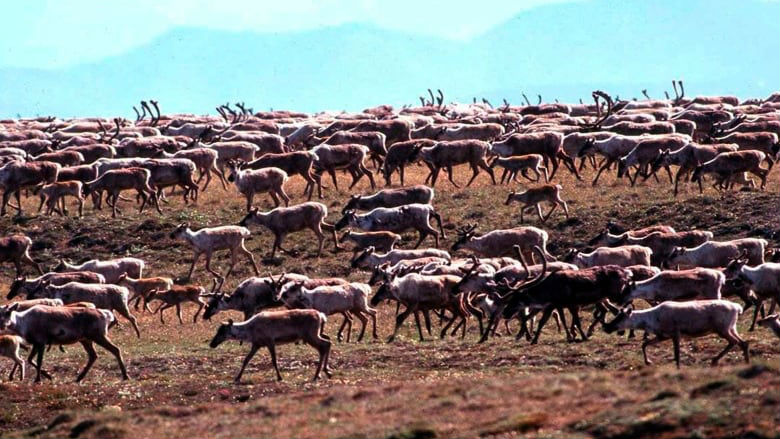
Targeting net-zero emissions by 2050
TD made the Arctic announcement on Monday as part of its climate action plan.
“The Arctic Circle is a unique and fragile environment, home to protected species, and of crucial importance to the local Indigenous populations,” the bank said in a news release on Monday. “From a climate perspective, this area is warming significantly faster than the rest of our planet, which poses the risk of increased [green house gas] releases and further warming.
“Given these facts, TD will not provide new project-specific financial services, including advisory services, for activities that are directly related to the exploration, development, or production of oil and gas within the Arctic Circle, including the Arctic National Wildlife Refuge (ANWR).”
The bank referenced the Paris climate agreement and said that by 2050, TD’s goal was to have net-zero greenhouse gas emissions associated with its operations and financing activities.
“Climate change is a critical environmental and business challenge and will require significant effort over the long term to help economies transition successfully to the low-carbon future,” Bharat Masrani, Group President and CEO, TD Bank Group, said in a news release on Monday.
“TD’s climate action plan builds on a long history of environmental leadership and positions the Bank as a central player in the work needed to enable sustainable growth for our customers and clients, the communities we serve and the economies we support.”
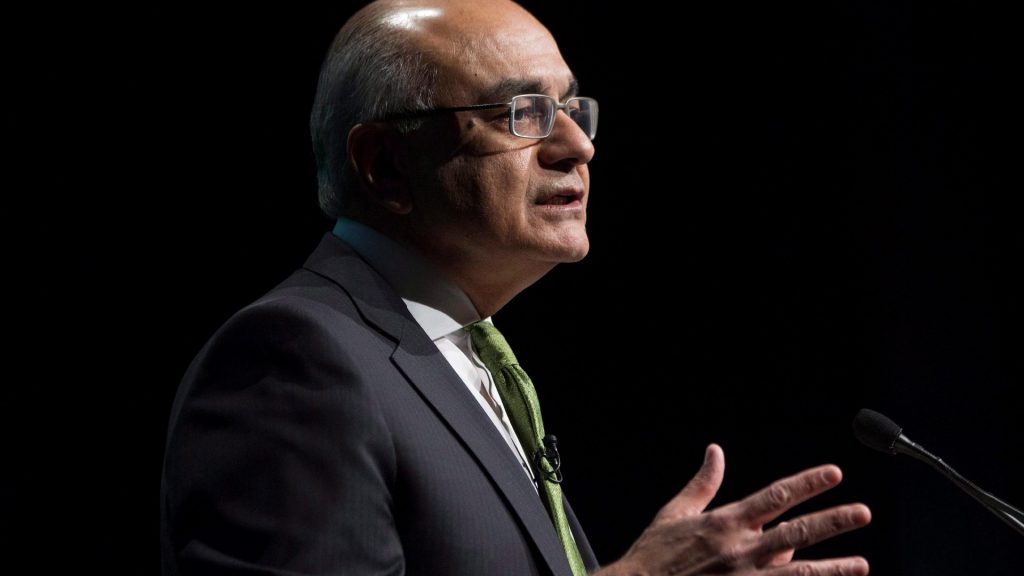
Besides the three Canadian banks, there are roughly two dozen other international financial institutions worldwide who have changed their financing policies to exclude Arctic drilling.
Write to Eilis Quinn at eilis.quinn(at)cbc.ca
Related stories around the North:
Canada: Caribou and drilling in ANWR: Canadian research critical of U.S. report, CBC News
Finland: The Arctic Railway – Building a future, or destroying a culture?, Eye on the Arctic
Iceland: Indigenous wildfire knowledge to be key part of new Arctic Council project, Eye on the Arctic
Russia: Russian Indigenous groups call on Elon Musk to boycott company behind Arctic environmental disasters, The Independent Barents Observer
United States: Canadian Gwich’in leaders and conservationists suing U.S. over leasing program for Arctic wildlife refuge, CBC News


